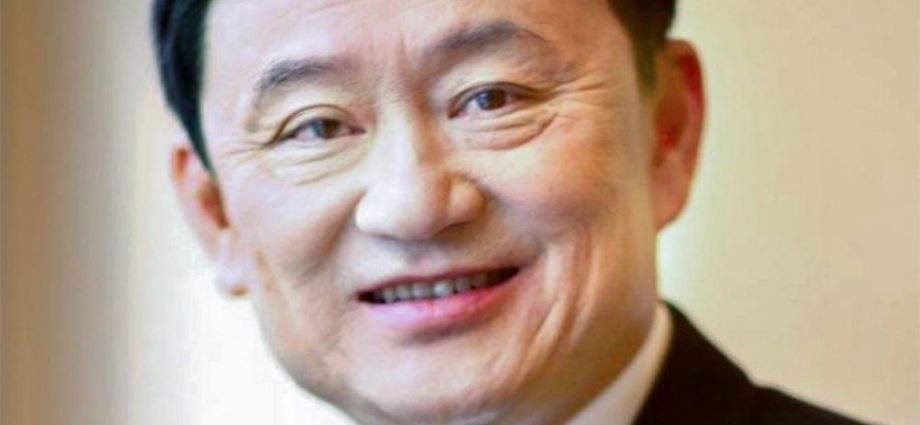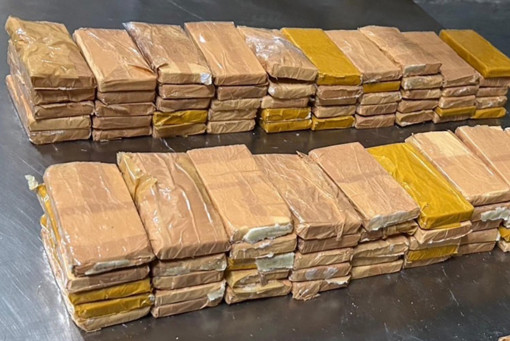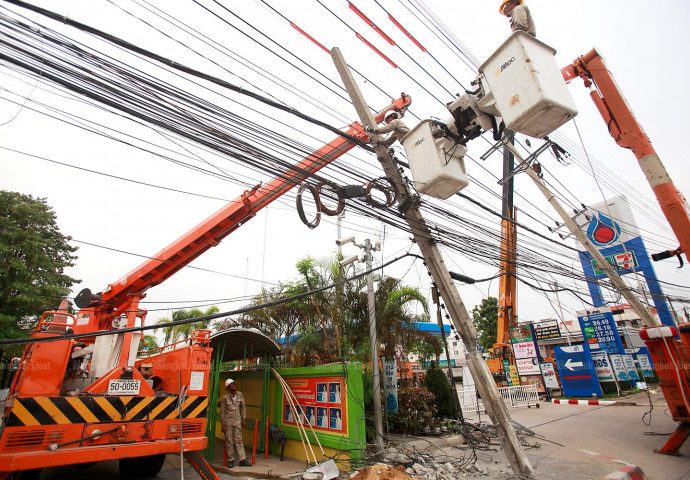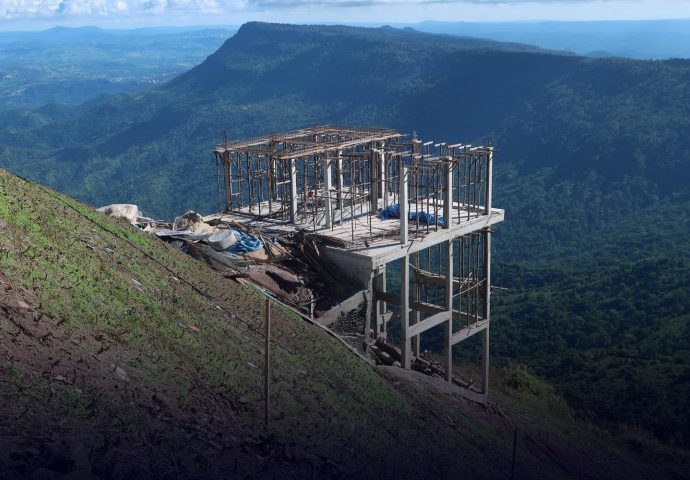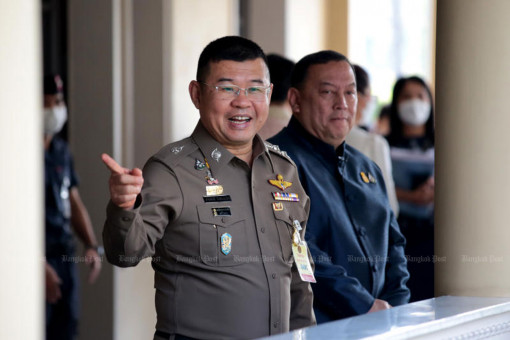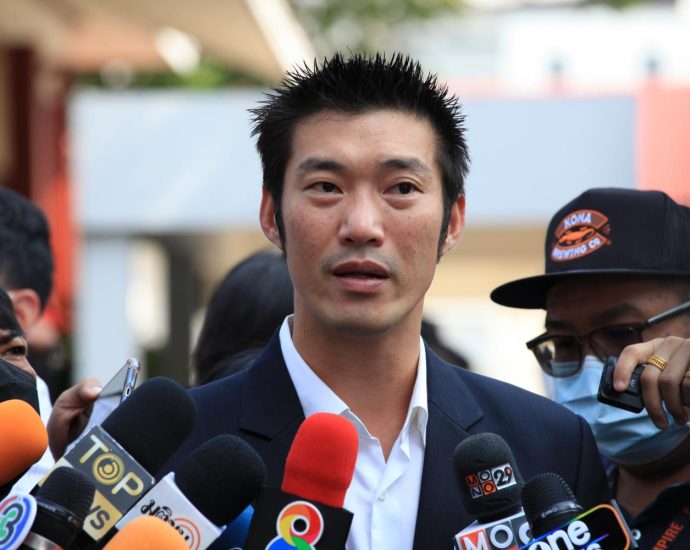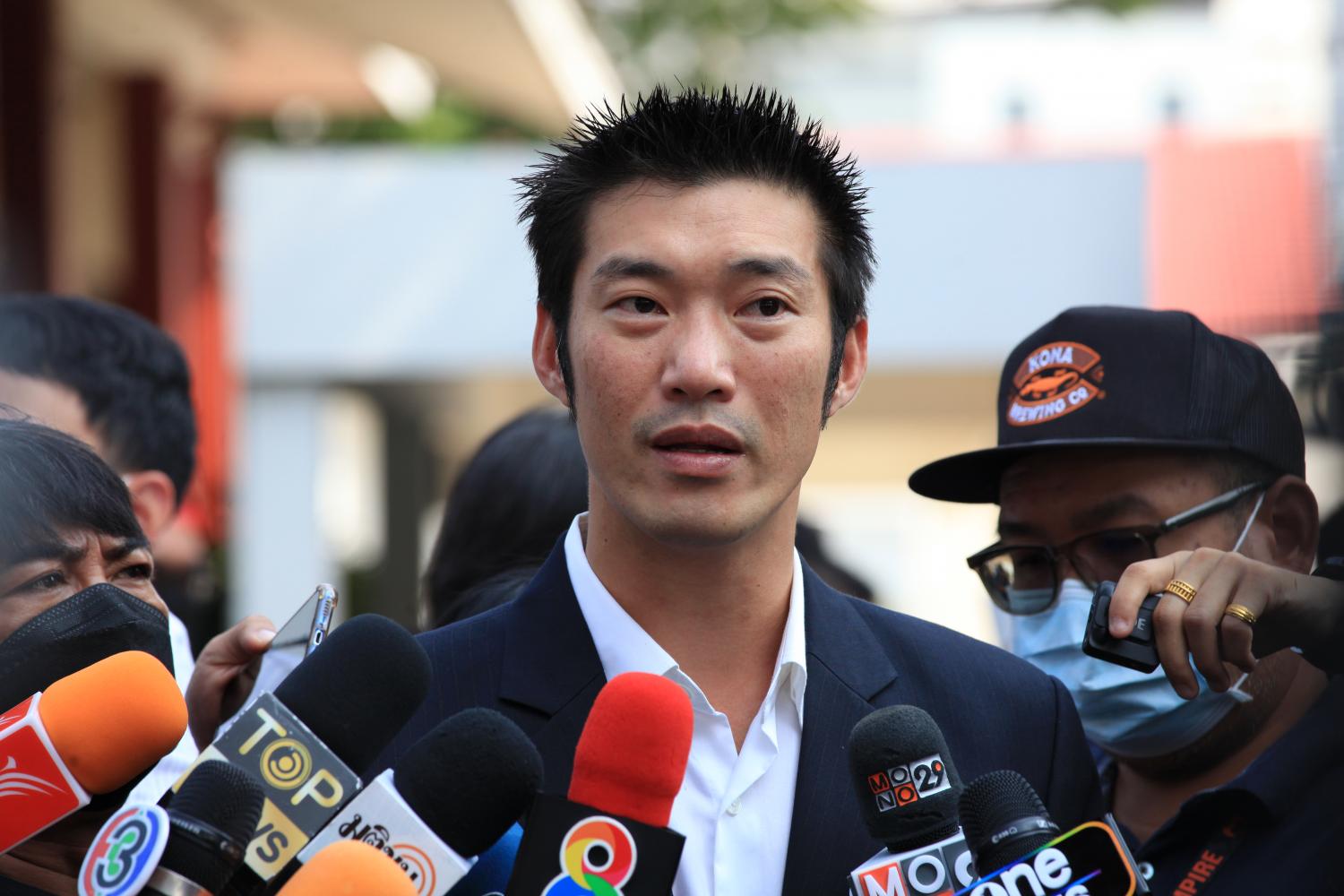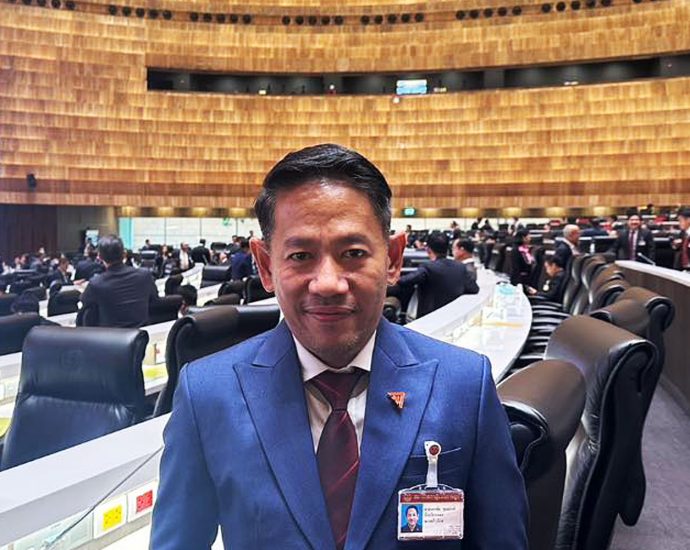Ousted premier ‘can seek royal pardon’
PUBLISHED : 28 Jul 2023 at 06:46
The ousted former prime minister Thaksin Shinawatra can petition for a royal pardon on the first day of his imprisonment following his return to Thailand, acting Deputy Prime Minister Wissanu Krea-ngam said yesterday.

Thaksin: Eligible for senior privileges
“All inmates have the right to seek a royal pardon on the first day of imprisonment because this right is available during the time of punishment,” said Mr Wissanu, who is also the acting justice minister. Somsak Thepsuthin resigned as justice minister to join the Pheu Thai Party in March.
“If the pardon is not granted after the petition is lodged, it cannot be repeated for the following two years,” Mr Wissanu said.
Upon Thaksin’s return, he will go to court to receive an imprisonment order for his three cases, which have been finalised, resulting in a combined jail term of 10 years, said Mr Wissanu.
Some of the cases have passed their statutes of limitations, and others have not yet reached court, including a case concerning Thaksin’s escape from the country.
Corrections officials are already prepared to receive the former prime minister, as he had earlier announced a return on his birthday, Mr Wissanu said. Thaksin turned 74 on Wednesday and has lived in self-imposed exile for 15 years.
Thaksin, being older than 60 years, will be treated differently from general inmates due to his age. Ill inmates are also eligible for some privileges, which are standard for those who meet the relevant criteria, said the deputy prime minister.
Although there are special rooms in prison, their use depends on the Corrections Department, and Mr Wissanu said he does not believe that Thaksin could be detained outside of prison.
“He will go to jail, however,” Mr Wissanu confirmed. Family members can receive him at [Don Mueang] airport and visit him in prison right away, he added.
Sitthi Sutheewong, deputy director-general of the Corrections Department, said yesterday that all new inmates would be quarantined for Covid-19 observation for five days, and there are special quarantine rooms for elderly inmates.
Inmates with underlying illnesses may be sent to corrections hospitals for appropriate care.

